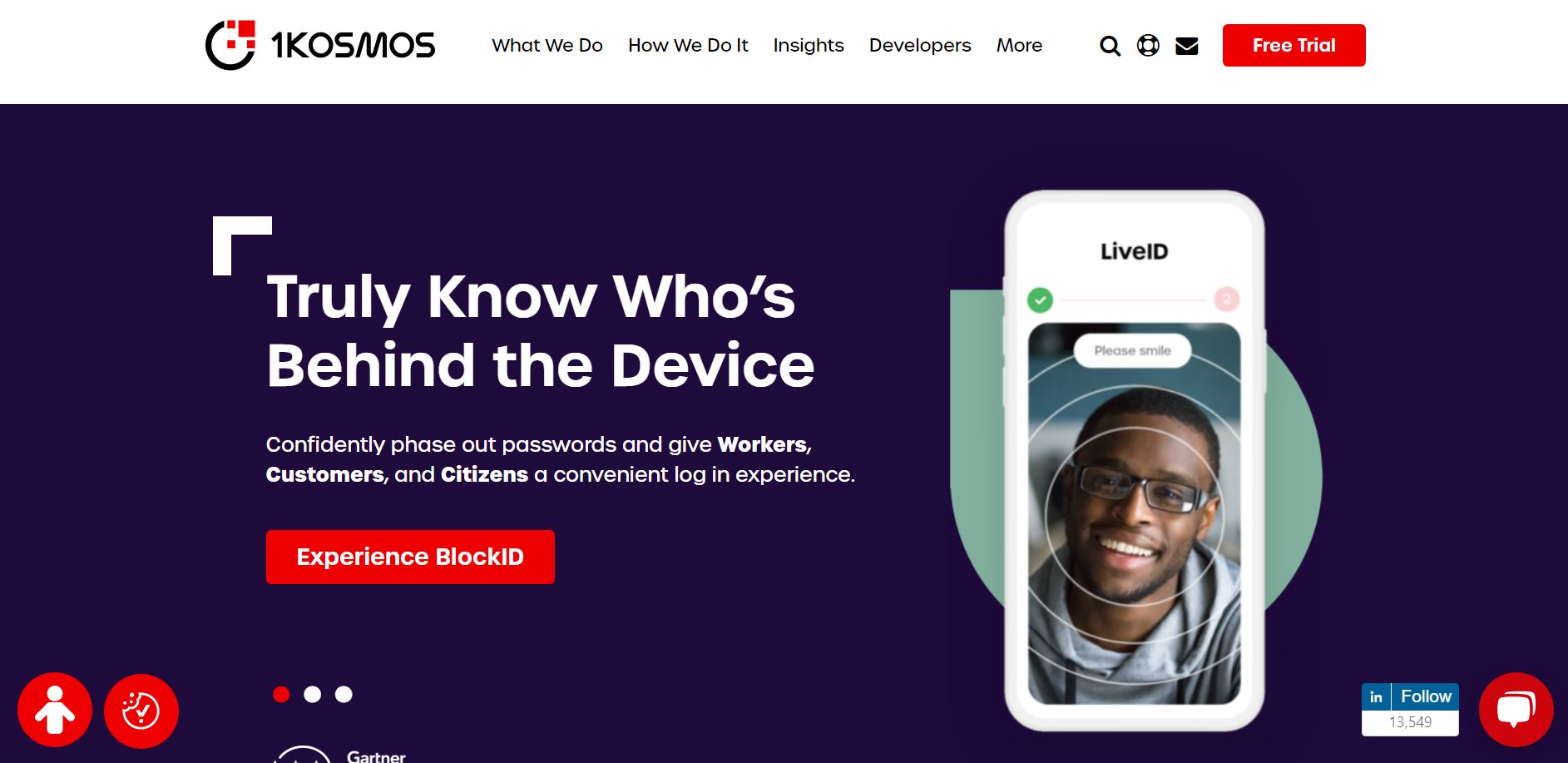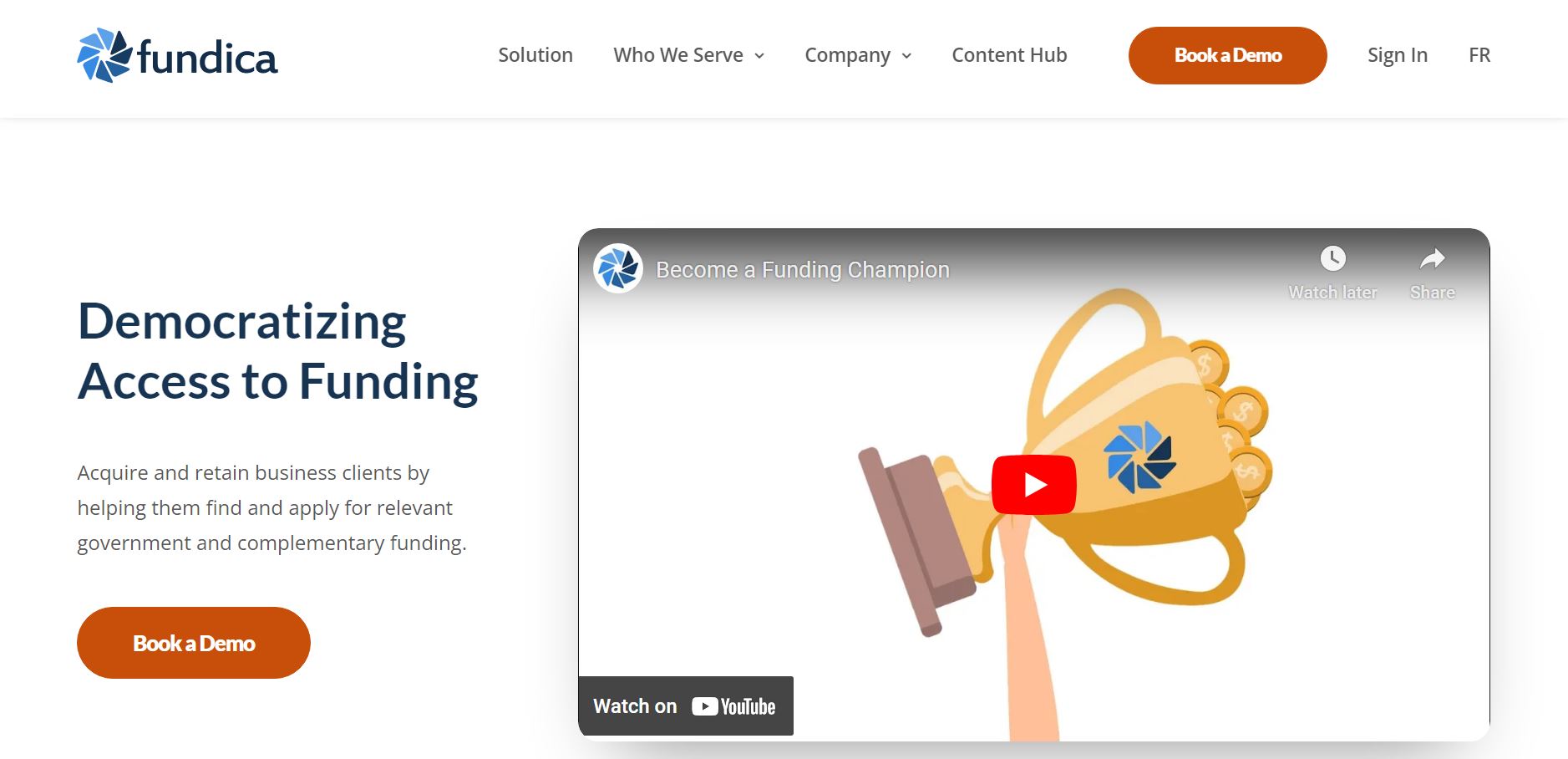
The Finovate Sustainability and Inclusion Scholarship Program is an opportunity to showcase innovative startups that are embracing strong ESG principles as a key part of their offering. To commemorate Earth Day this weekend – and the importance of the “E” in ESG – we’re highlighting three companies that have earned scholarships in the Environmental/Sustainability category.
Daizy
Founded in 2019, Daizy won the Sustainability category of our Finovate Scholarship program in FinovateFall 2022. The company’s technology leverages AI to help investors access the data-driven stories behind the biggest companies in the U.S. Daizy has combined its expertise in ESG, analytics, data visualization, and natural language processing to offer an app that enables users to link their brokerages accounts, build watchlists, as well as track and search for new investment ideas using Daizy’s NLP portfolio, stock, and crypto search functionality.

Based in the U.K., Daizy has raised $3 million in funding. Deborah Yang is co-founder and CEO. Follow Daizy on Twitter. Connect with Daizy on LinkedIn.
Energy Shares
Energy Shares won the Environmental category of our Finovate Demo Scholarship program for FinovateFall 2022. The company is a FINRA-registered broker-dealer and equity crowdfunding platform for utility-scale renewable energy projects in the U.S. Energy Shares facilitates access to investment opportunities in renewable energy projects, opportunities that were previously only available to institutional, corporate, and select retail investors. Via the Energy Shares platform, investors and developers can connect and collaborate to support renewable energy initiatives and support the growth of the renewable energy industry.

Energy Shares was founded in 2020. The company is headquartered in Pasadena, California. Follow Energy Shares on Twitter. Connect with Energy Shares on LinkedIn.
Little Blocks
Hyderabad, India-based Little Blocks won the Environmental category of the Finovate Demo Scholarship program for FinovateEurope 2023. The company leverages industrial IoT sensors and blockchain technology to foster access to risk capital for expenses like machinery purchases. Little Blocks’ technology tokenizes each machine and ownership is distributed among the token holders, each of whom has a stake in the underlying cash flows. This enables manufacturers to pay based on the actual use of the machine rather than a fixed monthly loan repayment.

Little Blocks was founded in 2022 and is funded by a grant from the Startup India Seed Fund.
















